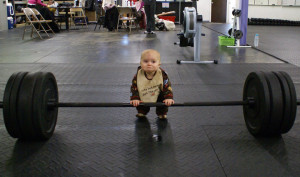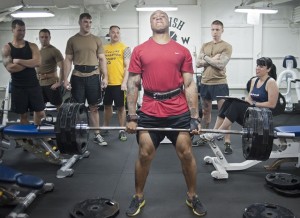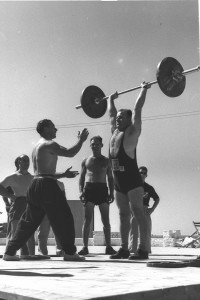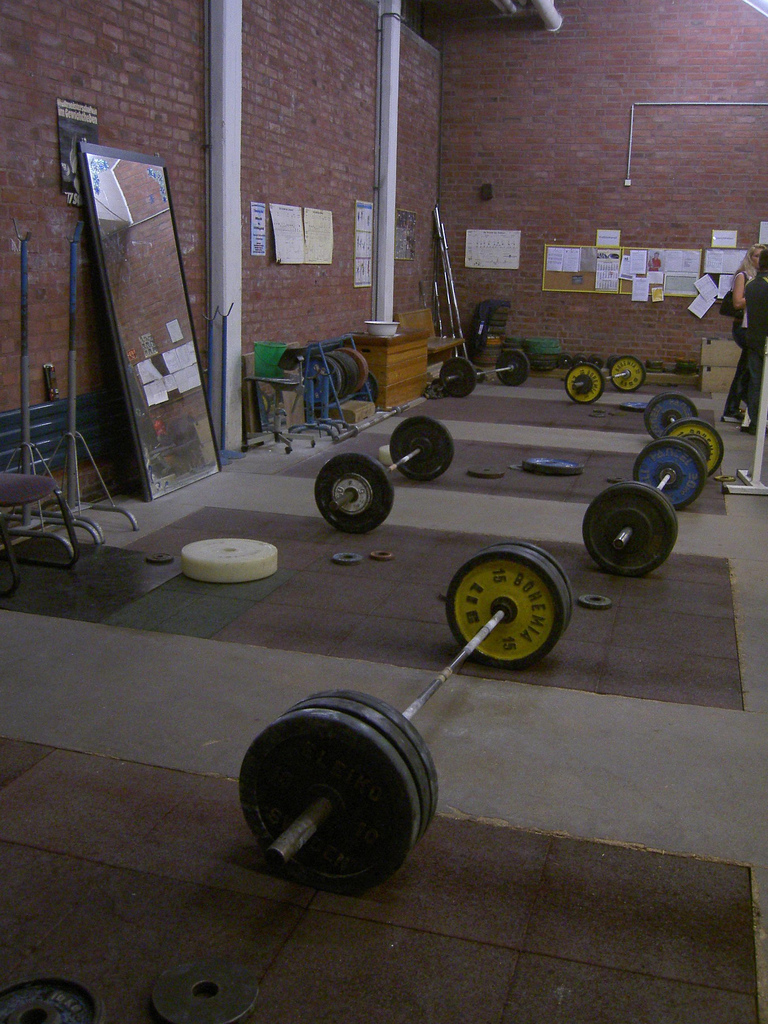Is Overtraining a Myth?
One of the discussions that comes up often in online forums and blogs regarding weight lifting, exercise, and physical training is the idea of overtraining. There are people adamant on both sides of the issue, with some saying that overtraining is a myth and others saying that it is indeed reality. What is the truth about the overtraining myth? It might help to take a look at what this state actually is, how it is reached, and how to avoid it.
What is Overtraining?
Using Supplements to Support Your Muscles
Your body needs fuel to keep up with the demands of a rigorous training regimen. It also needs sleep to properly repair muscles. Without these two factors, you can easily suffer from overtraining.
- Whey Protein: This will help your muscles repair after an intense workout.
- Citrulline Malate: This helps buffer acid, but it’s main benefit is reducing muscle soreness.
- Melatonin: This is an excellent sleep aid. If you have trouble falling and staying asleep, your muscles will not have an adequate opportunity to properly repair.
To answer that question, let’s look at the basic components of overtraining. Overtraining is the result of chronic fatigue, whether this is physical or mental (as in central nervous system fatigue), there is no distinction. Often times people will just try to shrug of the condition or work through it, but that is in fact the second component of overtraining, the desire to keep going, despite the growing list of problems.
Unpleasant stuff will happen once you are in this situation. It could mean the loss of strength, muscle mass, and endurance. Your appetite could be affected, motivation may plummet, and even irritability (you may find yourself get angry over nothing very easily) could arise.
On top of these possible symptoms, continuing to push yourself could cause much worse problems. Your immune system can become weakened, you could develop sleep or eating disorders, your resting heart rate could change, stomach and gastrointestinal issues could arise, even your blood pressure or respiratory patterns can become negatively impacted.
While overtraining is indeed a reality for most people, there are certain notable exceptions. There are several training systems that involve using incredibly high intensity training methods. There is even a Bulgarian method that involves training with maxes almost every day. It should go without saying that methods such as these may not be for everyone and almost certainly come with an increased risk. So, while overtraining is a reality, how you reach this state can also be an important factor.
How an Overtrained State is Reached:
There are really several factors involved in how one reaches such a state. The first factor is food. You need to be eating the proper types of food and amounts of them to support your level of training. If you do not eat enough, overtraining will almost definitely occur at some point. Of course, this lack of nourishment will be determined by a number of different factors such as vitamins, levels and rate of depletion of your glycogen stores, etc.
Another very important factor is rest. Sleep not only helps us to feel more refreshed but it helps keep the heart and blood vessels healthy, releases growth hormone, strengthens the immune system, regulates appetite, weight, and controls blood glucose levels. Not to mention that during sleep the muscles recover and grow.
Your routine itself is also critical. In other words, it should be reasonable. Doing 20 sets of curls, 20 sets of bench presses, and 25 sets of rows is not reasonable unless you have a death wish. More is not always better, sometimes it’s best to take a slow and steady approach. Your routine must allow for a reasonable amount of time to recuperate, as recovery is very important in strength training.
How to Avoid Overtraining:
 If you feel like you are in an overtrained state, the first step is to simply recognize it. Of course, this is easier said than done in many cases. The key to knowing that you’re overtraining is the constant feeling of exhaustion and progress coming to an almost non-existent stand still. The possibility that you may be overtraining should seriously be considered if this is the case.
If you feel like you are in an overtrained state, the first step is to simply recognize it. Of course, this is easier said than done in many cases. The key to knowing that you’re overtraining is the constant feeling of exhaustion and progress coming to an almost non-existent stand still. The possibility that you may be overtraining should seriously be considered if this is the case.
The easiest way to get yourself out of such a situation is by taking time off from training. This break may be difficult to do for many people, but it really allows your body to sort of reset itself. Depending on how overtrained you are, this break could be as simple as adding a recovery day or two to your schedule or as severe as a 2 to 4 week layoff. Of course this all depends on the person, so take the action that you think would be the most beneficial and make sure that you feel one hundred percent before resuming your routine.
Sources
- https://www.ncbi.nlm.nih.gov/pmc/articles/PMC3435910/
- https://www.acsm.org/docs/current-comments/overtrainwithresistance.pdf
- https://www.rice.edu/~jenky/sports/overtraining.html





 If you feel like you are in an overtrained state, the first step is to simply recognize it. Of course, this is easier said than done in many cases. The key to knowing that you’re overtraining is the constant feeling of exhaustion and progress coming to an almost non-existent stand still. The possibility that you may be overtraining should seriously be considered if this is the case.
If you feel like you are in an overtrained state, the first step is to simply recognize it. Of course, this is easier said than done in many cases. The key to knowing that you’re overtraining is the constant feeling of exhaustion and progress coming to an almost non-existent stand still. The possibility that you may be overtraining should seriously be considered if this is the case.